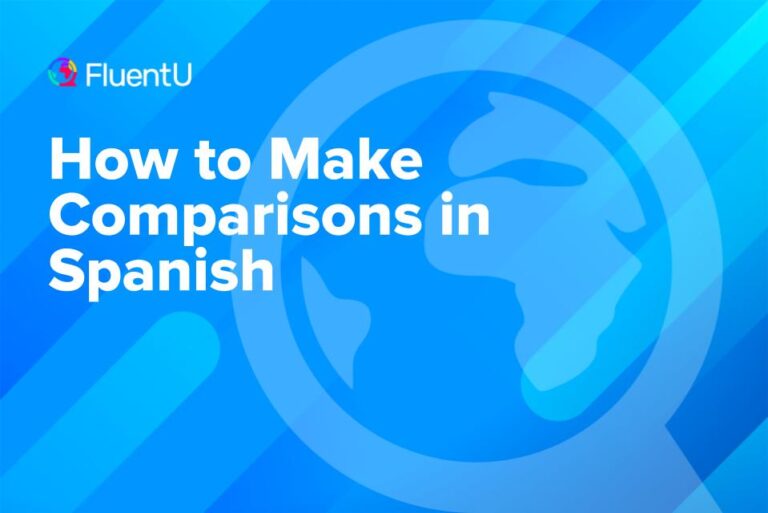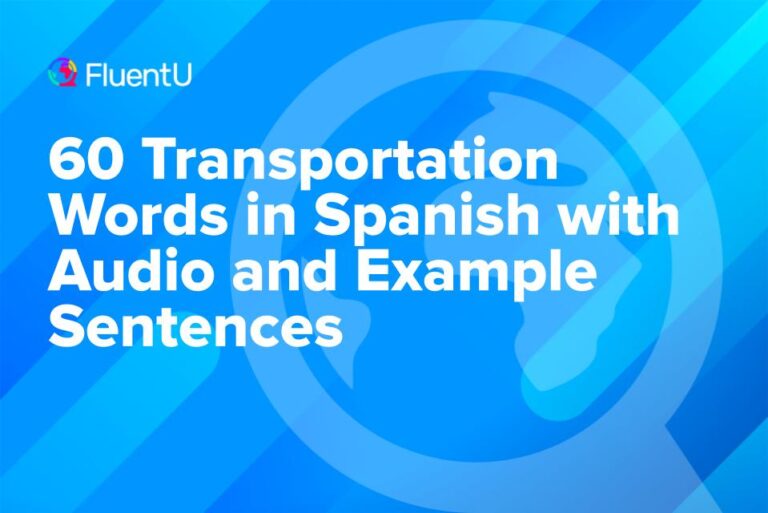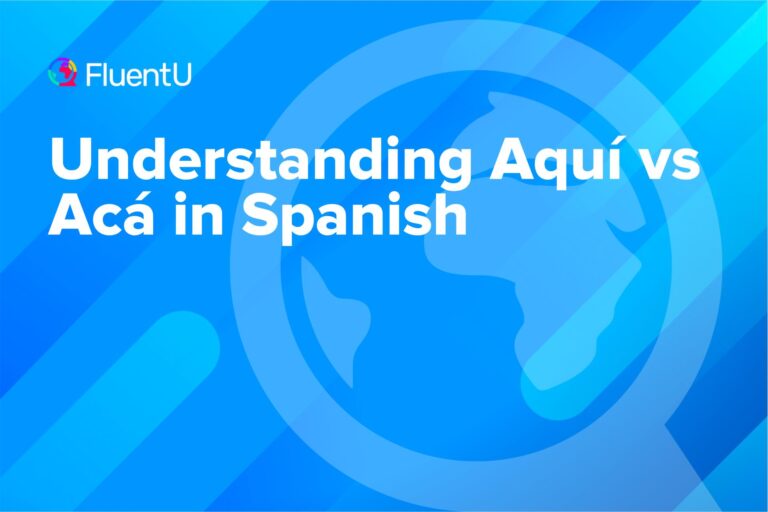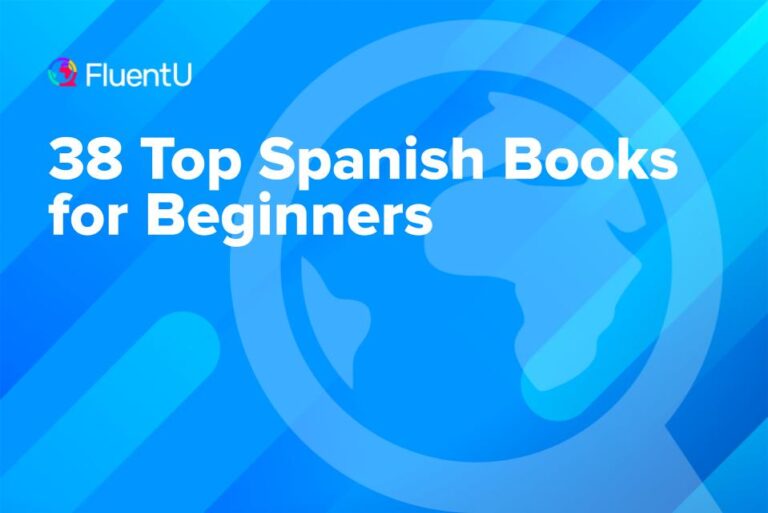Contents
- 1. Chunche
- 2. Chochada
- 3. Chele / Chela
- 4. De a cachimba
- 5. Tuani
- 6. Salvaje
- 7. Chinelas
- 8. ¿Ideay?
- 9. Jaño / Jaña
- 10. Maje / Mae
- 11. Tapudo / Tapuda
- 12. Fachento / Fachenta
- 13. Chinear
- 14. Chavalo / Chavala
- 15. Pinche
- 16. Coyotear
- 17. Dale, pues
- 18. Bacanal
- 19. Caballada
- 20. Cuecho
- 21. No hay falla
- Quiz on Nicaraguan Slang
- How to Learn Nicaraguan Slang
- And One More Thing…
21 Common Nicaraguan Slang Words and Phrases
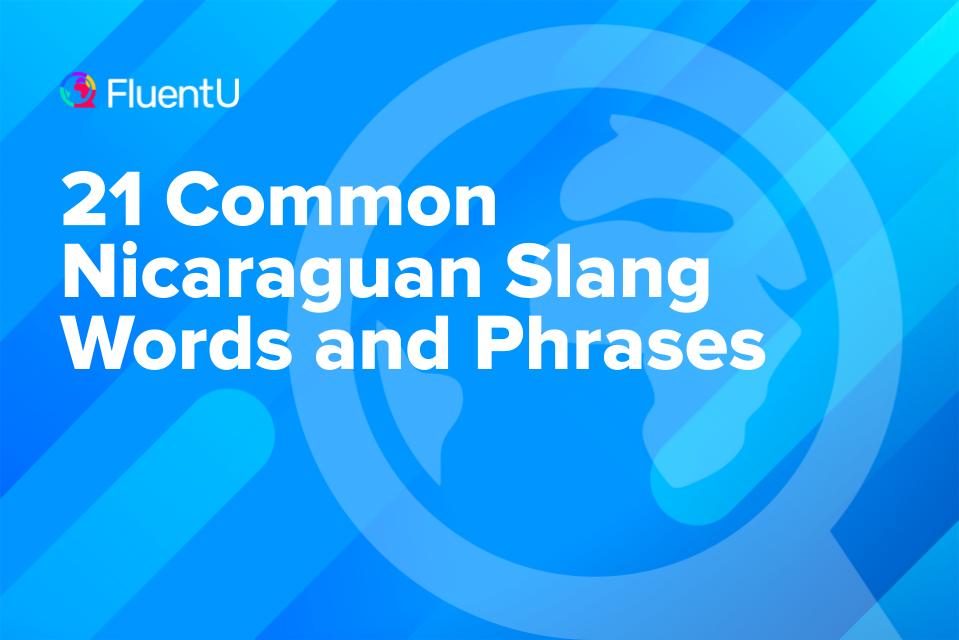
If you’ve learned a standard variety of Spanish, you may be a little confused once you start hearing Nicaraguans talk, because they use a lot of slang.
Read on to learn 21 of the most common Nicaraguan slang words and phrases. With this new vocabulary, you’ll be able to understand and connect better with Nicaraguans in casual, everyday situations.
Download: This blog post is available as a convenient and portable PDF that you can take anywhere. Click here to get a copy. (Download)
1. Chunche
Chunche is one of those all-purpose words that’s loosely translated to mean “that,” “thing” or even “whatchamacallit.”
Something to be aware of: Chunche can also refer to female genitalia. So keep that in mind and pay attention to the context in which it’s used.
Pásame ese chunche de allí. (Pass me that thing over there.)
2. Chochada
This is another slang term that means “thing” and is the perfect word to use when you’ve forgotten what something’s called.
¿Cómo se llama esa chochada? (What’s that thing called?)
3. Chele / Chela
This word is used for a white person, like the other Spanish slang term you may have heard, gringo/gringa. Chele is used for males while chela is used for females.
The connotation behind this term depends on the context and tone, but it’s most often used in a neutral way to refer to someone.
El chele se está quedando en nuestro hostal. (The white guy is staying at our hostel.)
4. De a cachimba
This term is something like “awesome” or “cool” in English. For example, if your friend tells you they found some money on the street, you can react with “¡De a cachimba!”
5. Tuani
Tuani (also tuanis) is another word that means “awesome,” “cool,” or “sweet,” but to an even greater degree than de a cachimba. It’s used all the time by Nicaraguans to describe pretty much everything they like. For example:
Oye, mira los zapatos que compré.
(Hey, look at the shoes I bought.)
¡Qué tuani!
(Sweet!)
6. Salvaje
The actual translation of salvaje is “wild,” but it’s used as another catch-all expression to signify something is really cool or really good.
¡Tu camiseta está salvaje! (Your t-shirt is so cool!)
¡Este gallopinto está salvaje! (These rice and beans are delicious!)
7. Chinelas
Chinelas refer to “sandals” or “flip-flops,” something you’ll see a lot on the beaches of Nicaragua.
Dejé mis chinelas en la playa. (I left my flip-flops on the beach.)
8. ¿Ideay?
This is a common way of asking what’s going on or what’s taking so long. If you’re waiting for someone and they’re taking forever, you can say:
¿Ideay?, ¿ya estás listo? (So, are you ready yet?)
9. Jaño / Jaña
Instead of novio or novia, Nicaraguans often use this slang term for “boyfriend” or “girlfriend.” It can also refer to a more casual relationship, and some people might be offended if they’re introduced this way.
Ese chico es el nuevo jaño de mi hermana. (That guy is my sister’s new boyfriend.)
10. Maje / Mae
Both of these words can be used for a male or female. Some Nicaraguans use maje while others say mae. It’s like saying “guy,” “dude” or “bud” in English.
¿Qué pasa, maje? (What’s up, dude?)
11. Tapudo / Tapuda
This word refers to someone who gossips or lies often. In other Spanish-speaking countries, they would use chismoso/a (a person who gossips a lot) or mentiroso/a (liar).
No creas nada de lo que dice ese tapudo. (Don’t believe anything that liar says.)
12. Fachento / Fachenta
This word is used to describe an arrogant or ostentatious person who likes to show off. It can also be used as a verb, fachentear, which means “to show off.”
Él es un maje fachento. (He’s an arrogant guy.)
Le gusta fachentear a su jaña. (He likes to show off his girlfiend.)
13. Chinear
This slang verb means “to hold,” “to carry” or “to take care of” and is used with babies and pets.
¿Puedes chinear al bebé? (Can you hold the baby?)
14. Chavalo / Chavala
This slang term is used to refer to a child or teenager by someone who’s older than them. You might also hear zipote or zipota from someone of an older generation.
Ven acá, chavalo. (Come here, kid.)
15. Pinche
This word means “stingy” or “cheap” in Nicaraguan slang. Be careful where and how you use it, though, because in Mexico it means something much more explicit.
No seas pinche; cómprate la camisa. (Don’t be stingy; buy yourself the shirt.)
16. Coyotear
This slang verb refers to when someone always takes your stuff. A coyote is that one guy or girl who always has to have a bite of your food, a piece of your gum, etc.
Deja de coyotear. (Stop taking all my stuff.)
17. Dale, pues
This is a casual way to agree with something, similar to saying “alright,” “okay” or “let’s do it.” Nicaraguans often leave off the “s” when they say this phrase.
Vamos a la playa.
(Let’s go to the beach.)
Dale, pues.
(Okay.)
18. Bacanal
A bacanal is a big, wild party or a “rager.” This is the kind of party you’ll need a few days to recover from.
Fuimos a un bacanal el sábado pasado y todavía me estoy recuperando. (We went to a rager last Saturday and I’m still recovering.)
19. Caballada
This word is used to react enthusiastically to something surprising or impressive. It can be something good, like exciting news, or something bad, like a car accident.
¡Caballada, el bacanal estuvo salvaje! (Wow, the party was awesome!)
In other contexts, though, caballada can also mean “nonsense”:
¡Ese tapudo dice puras caballadas! (That liar is just talking nonsense!)
20. Cuecho
Cuecho means “gossip” in Nicaraguan slang. You can hear it used in the popular song “La Tula Cuecho” by Nicaraguan artist Carlos Mejía Godoy. In the song, he sings about a woman who practically rules the town with her sharp tongue.
Here’s another example:
Es puro cuecho. (It’s just gossip.)
21. No hay falla
This expression literally means “There’s no failure,” but is similar to No hay problema (No problem). It could also be translated to “Don’t worry about it” or “It’s all good.”
When la camarera (the waitress) realizes she’s made a mistake on your order, just wave a hand and say: “¡No hay falla!”
Quiz on Nicaraguan Slang
Now that you’ve learned some Nicaraguan slang terms, it’s time to test your knowledge! Take the brief quiz below and just refresh the page if you want to start over or retake it.
How to Learn Nicaraguan Slang
There are some excellent tools that can help you learn how to use Nicaraguan slang. Here are a few options:
- A great way to learn Nicaraguan slang is by checking out Nicaraguan YouTubers. You can learn slang through their videos on various topics, or watch videos specifically made to teach you Nicaraguan slang. Here’s a good example:
- HelloTalk: HelloTalk is the go-to language exchange app if you’re looking to chat and exchange text and audio messages with someone from Nicaragua. It gives you the chance to chat one-on-one with someone who can teach you from their own experience in their own words. The app is available for iOS as well as Android. Check out our full review of HelloTalk here.
- Language Exchange: Language Exchange is another excellent resource for gaining some practice speaking Spanish with a native Nicaraguan speaker. To find a language partner, just enter your information on the home page (native language, practicing language and country) to find language learners in Nicaragua searching for a language exchange partner.
- FluentU: This language-learning program can teach you Spanish slang and informal expressions in the context of native Spanish media.
FluentU takes authentic videos—like music videos, movie trailers, news and inspiring talks—and turns them into personalized language learning lessons.
You can try FluentU for free for 2 weeks. Check out the website or download the iOS app or Android app.
P.S. Click here to take advantage of our current sale! (Expires at the end of this month)

So head to Nicaragua for the sights, sounds and amazing adventures. But don’t leave home without some Nicaraguan slang!
Review these words and phrases so you can connect with the locals and get even more out of the experience.
Download: This blog post is available as a convenient and portable PDF that you can take anywhere. Click here to get a copy. (Download)
And One More Thing…
If you've made it this far that means you probably enjoy learning Spanish with engaging material and will then love FluentU.
Other sites use scripted content. FluentU uses a natural approach that helps you ease into the Spanish language and culture over time. You’ll learn Spanish as it’s actually spoken by real people.
FluentU has a wide variety of videos, as you can see here:

FluentU brings native videos within reach with interactive transcripts. You can tap on any word to look it up instantly. Every definition has examples that have been written to help you understand how the word is used. If you see an interesting word you don’t know, you can add it to a vocab list.

Review a complete interactive transcript under the Dialogue tab, and find words and phrases listed under Vocab.

Learn all the vocabulary in any video with FluentU’s robust learning engine. Swipe left or right to see more examples of the word you’re on.

The best part is that FluentU keeps track of the vocabulary that you’re learning, and gives you extra practice with difficult words. It'll even remind you when it’s time to review what you’ve learned. Every learner has a truly personalized experience, even if they’re learning with the same video.
Start using the FluentU website on your computer or tablet or, better yet, download the FluentU app from the iTunes or Google Play store. Click here to take advantage of our current sale! (Expires at the end of this month.)

